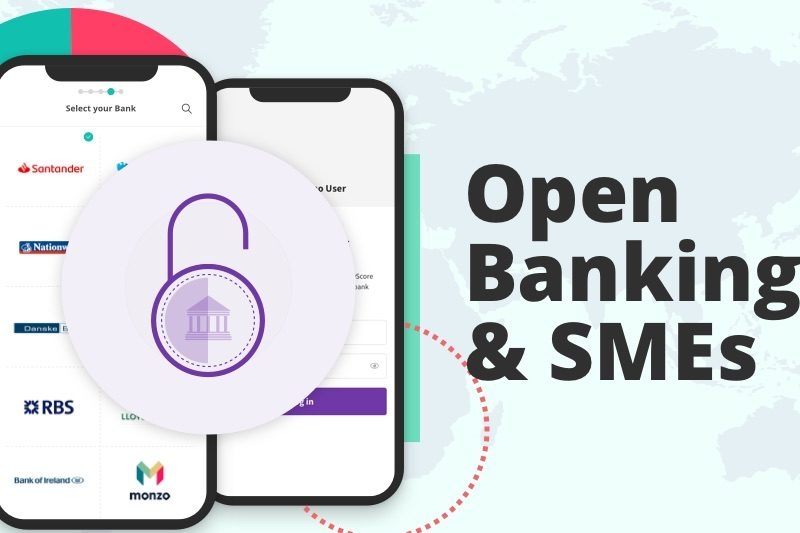Small and Medium Enterprises (SMEs) account for the vast majority of businesses worldwide and are a crucial driving force behind job creation and economic development. However, many SMEs report being underserved, especially when it comes to accessing finance. We investigate how the FinTech sector is working to address such problems.
The rise of hyperconnectivity over the past decade or so has had an impact on almost every aspect of our culture. The business world is no exception, and the internet, primarily through smartphones, social media and information access, has fostered an environment in which small businesses can thrive. From sole traders to micro-entities to garage startups to established SMEs, the small business sector is a hugely diverse across profession, business type and industry, and is matched by an equally diverse set of business needs. Yet despite the advancements in tech, some familiar obstacles endure.
SME lending has long been dominated by a handful of banks which haven’t necessarily been equipped to deal with the shifting dynamics of the SME marketplace. Credit applications for small businesses remain lengthy; extensive forms, processing times and multiple engagements between bank and borrower all eat into a business owner’s time. Products also rarely offer a personalised solution, and are often ported over from the corporate or retail side of the bank. Think of the sole trader who suffers an unexpected personal expense, or the ice cream shop with a highly seasonal income. Such cases demand a more tailored credit solution.
Whilst banks have been slow to adapt, new ideas from the FinTech sector are finding their way to the market. Such firms, unencumbered by staid legacy architectures, have the ability to respond to the constantly-evolving demands of the modern marketplace and offer services at a fraction of the price. Factor in the increasing number of use cases specifically targeting SMEs and FinTechs are making a compelling case for the business of small businesses.
Some of the more innovative solutions emerging from this sector involve the use of Open Banking, a regulation allowing business owners to grant third party providers (TPPs) access to business and/or personal account data. The functionalities provided by TPPs can help lenders resolve the customer experience bugbears most commonly cited by SMEs, and include:
- automated extraction of data to accurately pre-populate application forms
- analysis of income streams and expenditure patterns for onboarding, due diligence and building personalised products;
- credit and affordability checks to facilitate loan pre-approvals.
Since these processes can be executed near-instantly through an Open Banking data connection, business owners can now get pre-approved, submit a completed credit application and pass KYC all before their morning brew.
FriendlyScore is one of the first companies to offer bespoke Open Banking solutions to SMEs and small business lenders. Their integrated white-label software solutions can facilitate Open Banking connectivity and data extraction/processing for the purposes of automated application, credit scoring and customer management. Visit www.friendlyscore.com for more details.










